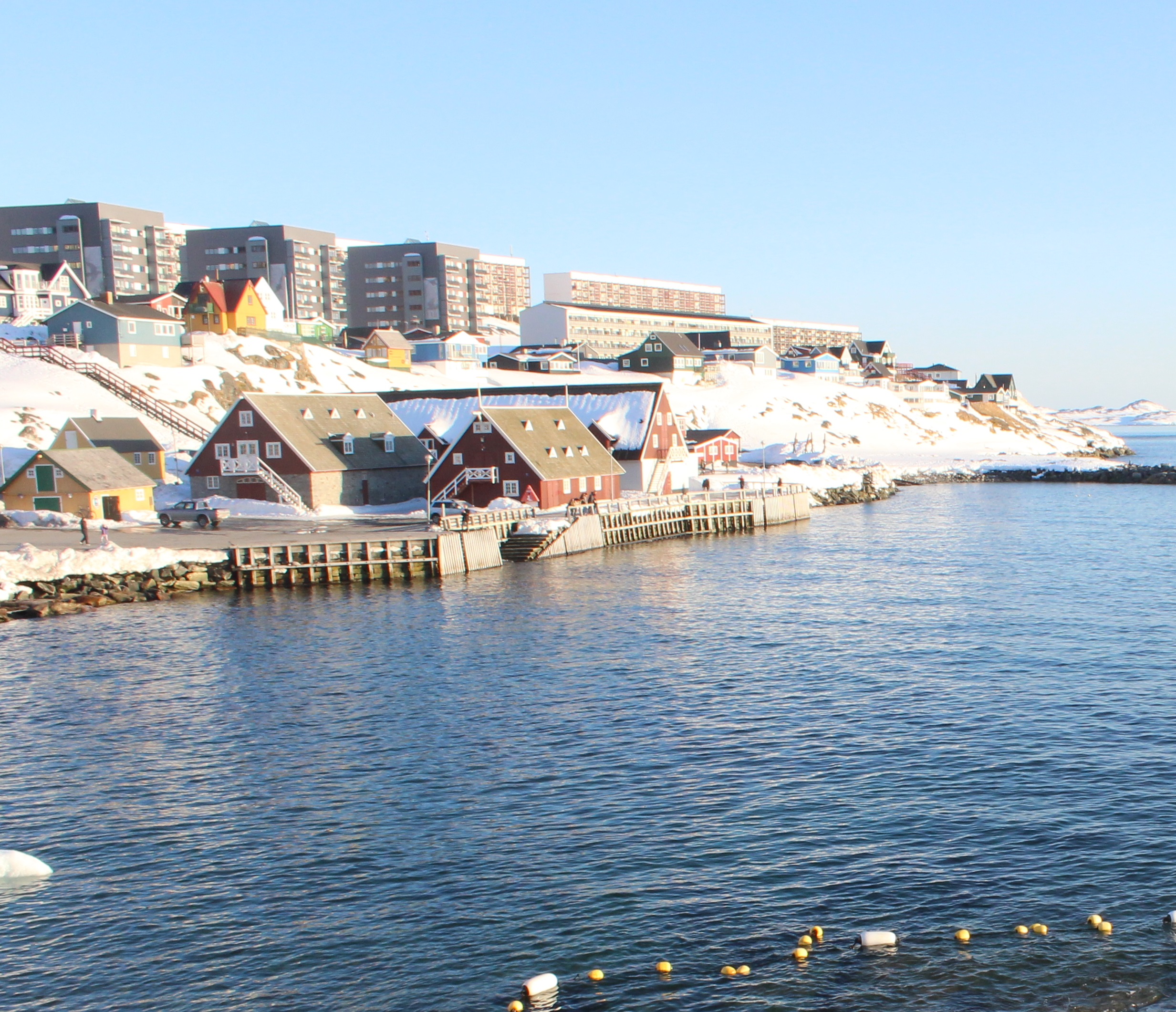Exciting new project with relevant ties to REXSAC work
November 13th, 2017
As mining in the Arctic increases, there is an urgent need to assess social and environmental impacts as well as mitigate negative impacts. This project, led by the Stockholm Environment Institute (SEI), will develop a multiple evidence base methodology combining systematic review approaches with mapping of indigenous and local knowledge (ILK), applying this approach in a case study of the impacts of base metal mining.
Systematic reviews are ‘gold standard’ summaries of research evidence, but cannot include other forms of knowledge, e.g. ILK. Theoretical frameworks for synthesising multiple evidence bases have been proposed but see limited practical application. This project develops a co-synthesis methodology to concurrently map research evidence and ILK.
It will assess available knowledge on the impacts of base metal mining in boreal and arctic regions and the effects of mitigation measures in Sweden. In spite of an increase in mining, evidence of impacts on social-ecological systems is patchy: there has been no review of impacts on Sami lands for example. Similarly, evidence on the direct and indirect effects of mitigation measures is disparate and spread across disciplines. This issue is therefore well-suited to a multiple evidence base approach to provide an enhanced knowledge base for decision-making.
This project will produce an interactive knowledge map, displaying the type and volume of evidence, highlighting knowledge gaps and clusters, and suggesting topics warranting further research or management.
REXSAC researchers Rasmus Kløcker Larsen and Annika Nilsson will be working on the project, funded by Formas, together with others at SEI.




